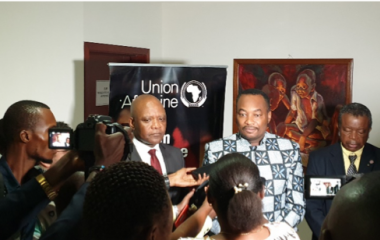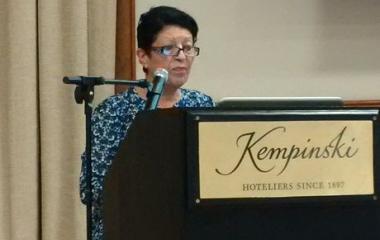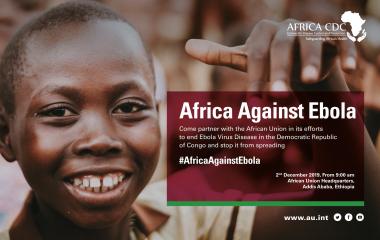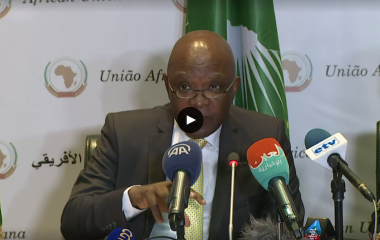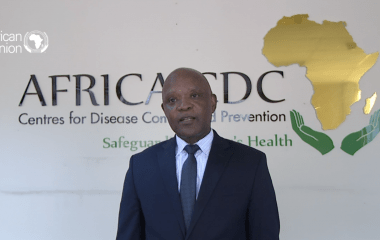Topic Resources
March 29, 2016
March 29, 2016
January 26, 2015
FACT SHEET:
AFRICAN UNION RESPONSE TO THE EBOLA EPIDEMIC IN WEST AFRICA, AS OF 1/26/2015
September 10, 2019
September 03, 2019
March 29, 2016
September 25, 2014


